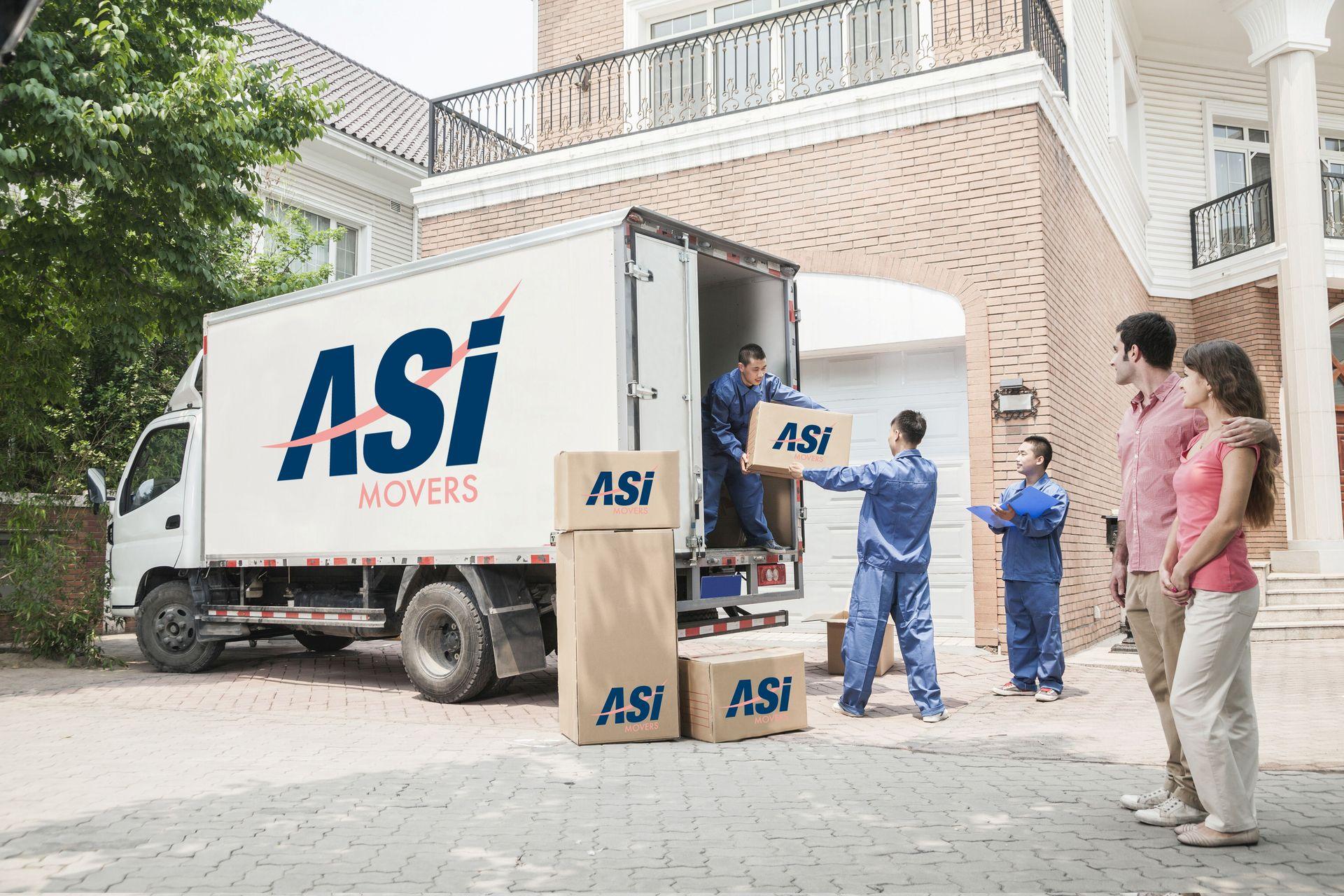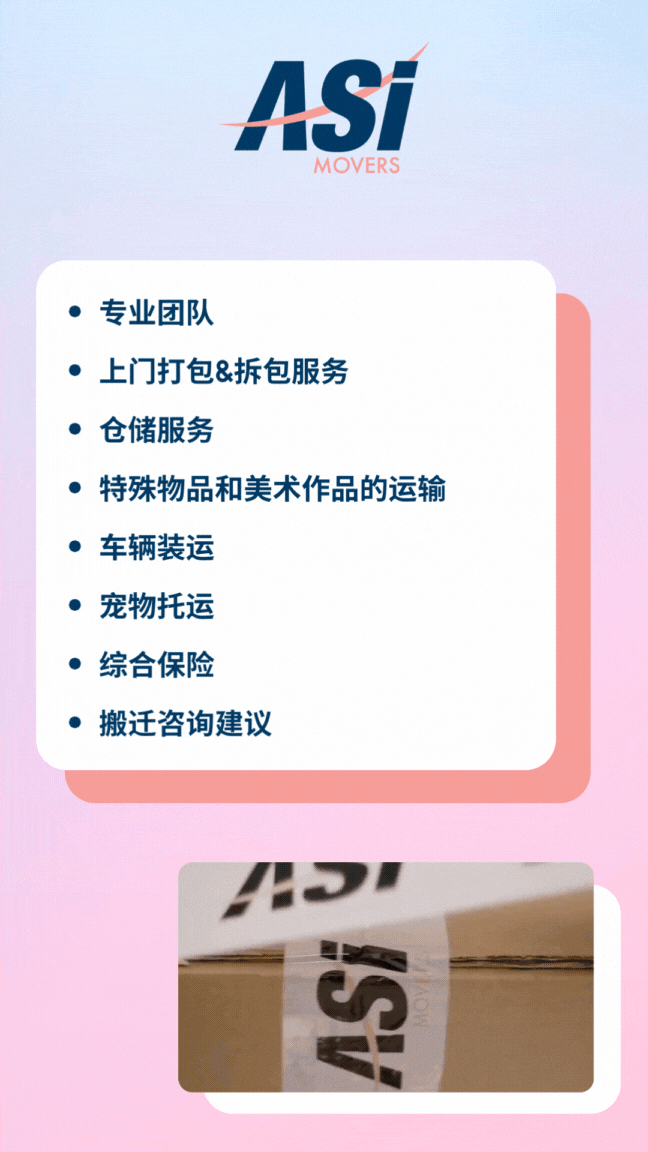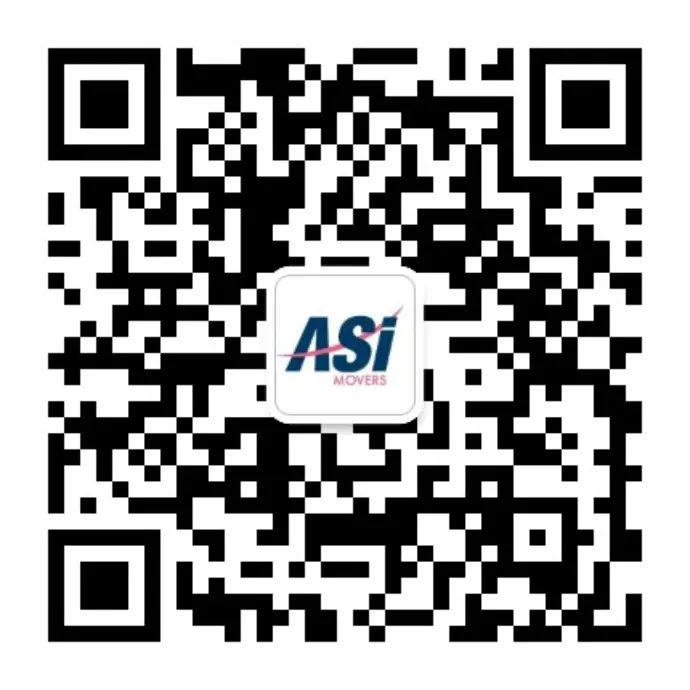Whether you have lived in China for a few months or several years, relocating to another country involves a wide range of tasks, some of which require early preparation and careful attention to local regulations.
With this guide we provide a detailed, step-by-step breakdown to help you manage your departure from China in 2025 — legally, financially, and logistically.
All you need to leave China properly — with confidence and peace of mind.

01. Visa & Legal Compliance
Before leaving China, ensure your immigration status is in good standing to avoid complications at exit control and potential issues re-entering in the future.
Review visa validity:
Ensure your visa or residence permit will still be valid on your departure date. If not, apply for a temporary exit visa or extension as needed.
Cancel your residence permit:
Foreigners with residence permits (工作类 or 居留许可) must officially cancel them at the Exit-Entry Bureau. Handle visa overstays: Overstaying, even by a few days, can lead to penalties, fines, or travel bans. Resolve any discrepancies with your local Public Security Bureau.
Keep records:
Maintain physical and digital copies of all key documents, including your passport, visa, residence registration, and work permit. These may be needed for tax filings, employment verification, or future visa applications.
Note: If you plan to return to China later, keeping documentation organized and clean records will simplify the re-entry process.
02. Terminating Employment
& Employer Obligations
Your departure must be properly registered with your employer and local authorities to close your employment file and avoid legal or tax complications.
Submit formal resignation:
Abide by contractual notice periods (typically 30 days). Inform your HR department in writing.
Request documents:
Collect your termination letter, employment certificate, and any letters of recommendation while still in China.
Obtain tax records:
Request your cumulative income and tax statement (工资单 and 个税记录), which may be needed in your home country or for future employment.
Cancel registration from housing fund and social security:
Ask your employer or accountant about the process to cancel registration from public systems and whether you are eligible for a partial refund of contributions.
Note: Employment contracts in China are closely tied to visa status. Coordinate your resignation and visa cancellation carefully.
03. Banking, Fund Transfers
& Financial Records
To retain control of your finances after departure, plan your banking arrangements ahead of time and understand transfer restrictions.
Transfer funds early:
Chinese banks have annual foreign exchange limits (e.g., USD 50,000 per year for individuals). Plan transfers in advance to avoid last-minute delays.
Close unused accounts:
If you don’t plan to return, close your Chinese bank accounts after transferring remaining funds. Retain documentation showing the account was closed properly.
Keep RMB for final expenses:
Airport taxis, luggage fees, and other last-day expenses may require cash. Carry sufficient currency, especially if traveling from smaller cities with limited international card support.
Export tax refunds:
If you've made large purchases recently (electronics, furniture, art), check whether you are eligible for a tax refund on departure.
04. Utilities, Contracts
& Subscriptions
Leaving without terminating local services can result in future penalties or deposit forfeitures. Many contracts also auto-renew.
Cancel mobile plans and internet:
Visit provider branches in person (e.g., China Mobile 中国移动, China Unicom 中国联通) and request formal cancellation receipts.
Terminate utilities:
Notify service providers for electricity, gas, and water of your move-out date. Ensure meters are read and final bills settled.
Return rental items:
If you rented appliances, furniture, or routers, return them with signed receipts to avoid additional charges.
Cancel memberships:
End gym, language school, or streaming service contracts. Review fine print for automatic renewals or notice periods.
Note: Screenshot or print all cancellation confirmations for your records, especially if deposit refunds depend on proof of closure.
05. Lease Termination
& Housing Deposit
Properly ending your lease ensures you recover your deposit and avoid future landlord disputes.
Notify landlord early:
Give at least 30 days’ notice in writing. Check your rental contract for termination clauses.
Inspect the property:
Schedule a walkthrough with your landlord. Ensure the apartment is cleaned and minor damages are repaired to maximize deposit return.
Cancel police registration:
All foreigners must register their residence with the local police. Upon moving out, this registration should be officially cancelled.
Document everything:
Take photos of the property before and after moving out and get a signed confirmation of the final condition.
Note: Most security deposits are returned in RMB. Confirm the timeline and method of return with your landlord.

06. Sorting, Shipping & Disposal of Belongings
Start preparing at least 4–6 weeks in advance if you plan to ship your belongings internationally.
Inventory your belongings:
Decide what to ship, sell, donate, or discard. Some items may not be cost-effective to ship (e.g., bulky furniture, used electronics).
Book a professional moving company:
Choose an experienced firm that can manage international shipping, customs clearance, packing, and insurance.
Understand import restrictions:
Some countries prohibit certain products (e.g., food, traditional medicine, electronics). Check the rules in advance to avoid costly delays or confiscation.
Label and document items:
Create a packing list with values and serial numbers for customs declarations and insurance purposes.
07. Updating Personal
& Institutional Records
Maintaining continuity with institutions and contacts in China may be necessary even after you leave.
Update your address:
Notify your consulate or embassy and update your foreign address with banks, employers, schools, and insurance providers.
Inform your child’s school:
Request transfer certificates, report cards, or letters of recommendation if your children were enrolled in China.
Maintain communication channels:
Keep at least one Chinese phone number (e.g., a prepaid SIM or e-SIM) or a WeChat account active if you may need to contact service providers post-departure.
Mail forwarding:
Ask a trusted friend or colleague to receive any remaining mail or documents on your behalf.
08. Medical Records & Insurance
Health documentation is particularly important for families or those continuing treatment abroad.
Request full medical files:
Contact your hospital or clinic in advance to obtain physical or digital records, including x-rays, blood tests, and vaccination history.
Cancel local insurance:
Inform your insurer of your departure and confirm the end date of your policy. Request a no-claims certificate if applicable.
09. Exporting Pets
Exporting animals from China requires preparation, veterinary approvals, and country-specific documentation.
Microchip and vaccinate:
Most countries require pets to be microchipped and vaccinated against rabies at least 30 days prior to export.
Health certificates:
Obtain a bilingual health certificate issued by an approved veterinarian and stamped by the Quarantine Bureau.
Book pet-friendly flights:
Reserve a space for your pet with airlines that meet international animal welfare transport standards.
Check quarantine rules:
Some countries (e.g., Australia, Japan, Singapore) require pets to complete a quarantine period. Research timelines well in advance.
Professional help: Consider hiring a licensed pet relocation service to manage compliance and documentation.
10. Final Departure Day Preparation
Proper organization on departure day helps avoid delays and last-minute stress at immigration or customs.
Organize essential documents:
Keep your passport, visa, exit certificate, air ticket, customs forms, and address book easily accessible.
Arrive early:
Airports in China may require extra steps for exporting pets, tax refunds, or excess luggage.
Pack carefully:
Avoid packing restricted items (e.g., lithium batteries, antiques, cash exceeding legal limits) in your checked luggage.
Return access items:
Don’t forget to return building keys, access cards, or company ID badges.

Leaving China involves more than booking a flight — it requires methodical planning across legal, financial, and personal domains. Whether you are relocating for career, family, or lifestyle reasons, following a structured checklist ensures compliance with local regulations and reduces stress during your transition.
As part of your relocation journey, ASI Movers is here to support you every step of the way — offering tailored moving and relocation services to handle packing, logistics, customs clearance, and delivery at your destination.
With 17 years of experience assisting expats and international families, we ensure your move is smooth, secure, and professionally managed.






Image Source: Freepik
